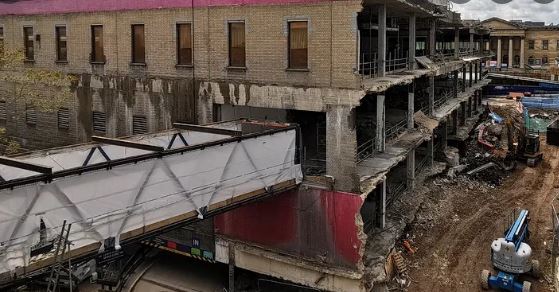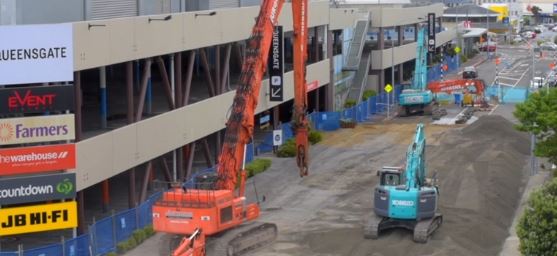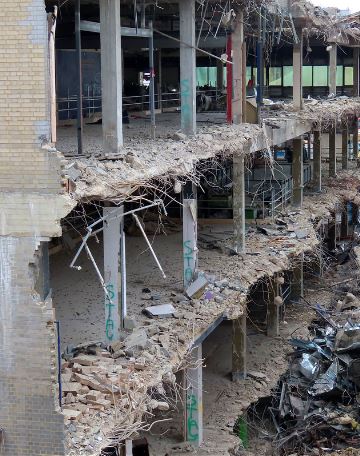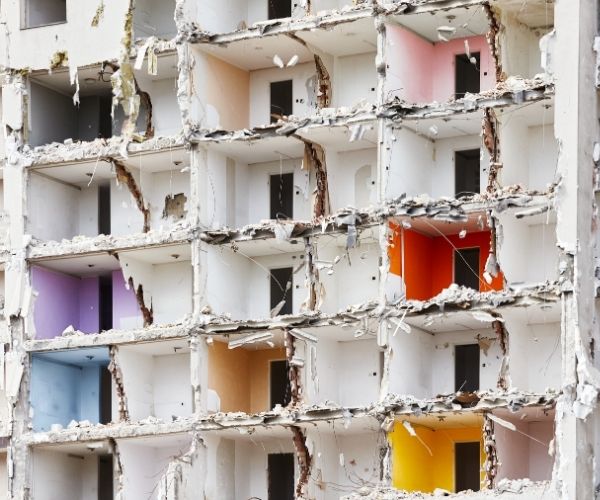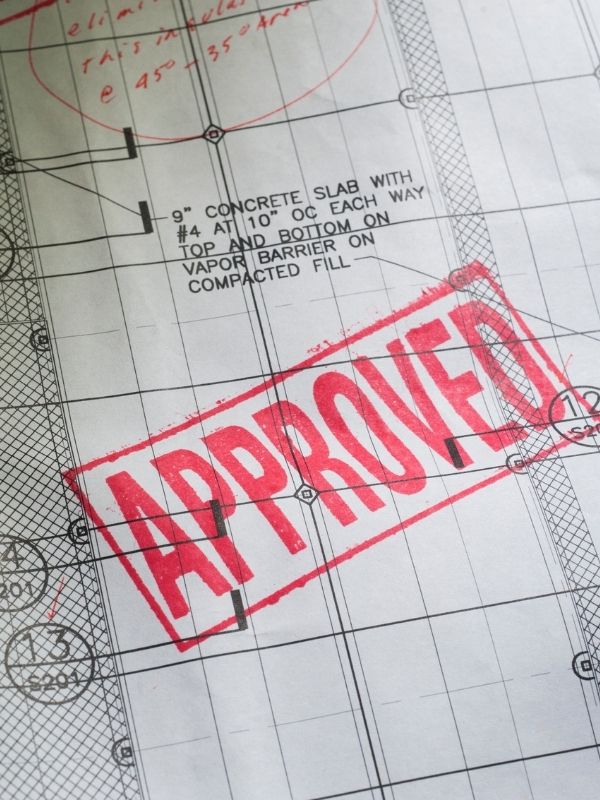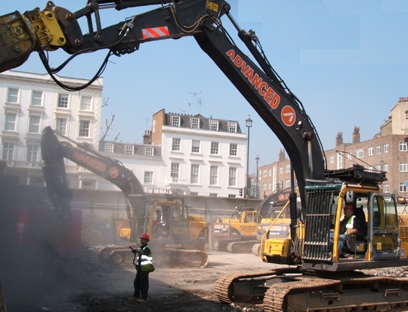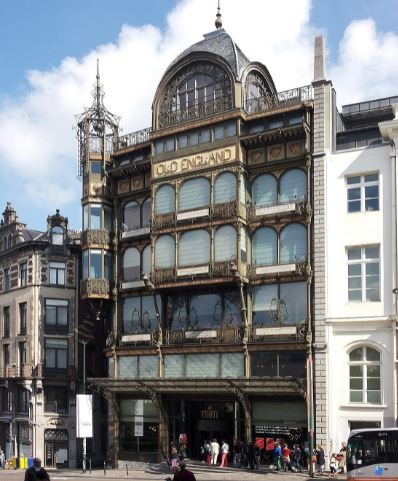We are here to help
When you are next researching for a quality and competitive demolition company for whatever construction project, please do not hesitate to get in touch with our friendly team, we offer a free quote and site survey.
Call us today on 01322920 053 to get a quote for your next demolition project.


